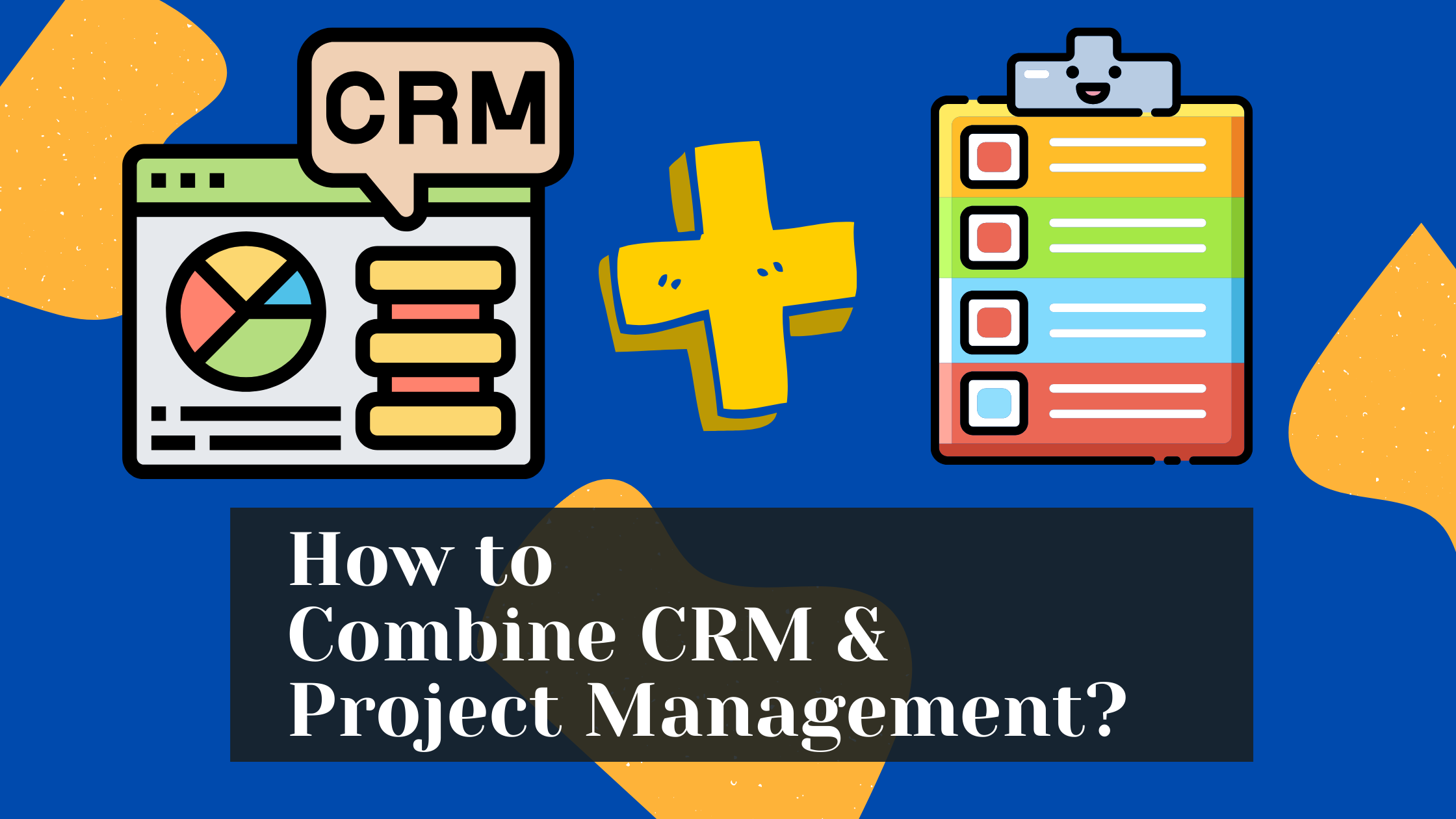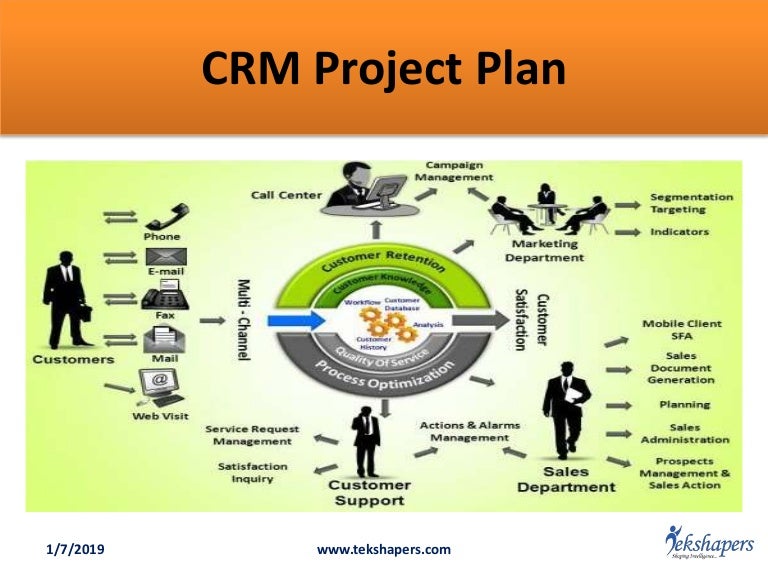Project management CRM, the fusion of two powerful systems, presents a transformative solution for businesses seeking to optimize their operations. By seamlessly integrating these platforms, organizations can harness the benefits of streamlined project execution, efficient resource management, and enhanced stakeholder communication.
CRM, with its robust capabilities, empowers project managers to track project progress, allocate resources effectively, and foster seamless collaboration among team members. Conversely, project management principles bring structure and discipline to CRM initiatives, enabling teams to plan, execute, and monitor their activities with greater precision.
Project Management and CRM Integration: Project Management Crm
Integrating project management and CRM systems offers numerous benefits to businesses. By connecting these systems, organizations can streamline their processes, improve communication, and gain a comprehensive view of their projects and customer relationships.
Benefits of Integrating Project Management and CRM Systems
- Enhanced project visibility and tracking: Integration allows project managers to track project progress and customer interactions in a single platform, providing a comprehensive view of project status and customer engagement.
- Improved communication and collaboration: Integration enables seamless communication between project teams and customer-facing teams, fostering collaboration and ensuring that all stakeholders have access to the latest project information.
- Increased customer satisfaction: By integrating project management and CRM systems, businesses can better understand customer needs and preferences, enabling them to deliver personalized experiences and enhance customer satisfaction.
Challenges of Integrating Project Management and CRM Systems
- Data integration challenges: Integrating different systems can be complex, requiring careful data mapping and transformation to ensure data accuracy and consistency.
- Cultural and process differences: Project management and CRM teams may have different work styles and processes, making it challenging to align their approaches and achieve seamless integration.
- Technical complexities: Integrating systems requires technical expertise and resources, which can be a barrier for some organizations.
CRM for Project Management

Customer relationship management (CRM) systems can be a valuable tool for managing projects. CRM systems can help you track project progress, manage resources, and communicate with stakeholders. By integrating CRM with your project management software, you can create a central repository for all project-related information, making it easier to stay organized and on track.
Tracking Project Progress
CRM systems can be used to track the progress of your projects. You can create custom fields to track specific milestones, tasks, and deliverables. You can also use CRM to track the status of each project, such as whether it is on track, at risk, or completed.
Managing Resources
CRM systems can also be used to manage the resources that are assigned to your projects. You can create custom fields to track the skills, experience, and availability of your team members. You can also use CRM to track the time that your team members spend on each project, so that you can identify any potential bottlenecks or resource constraints.
Communicating with Stakeholders
CRM systems can be used to communicate with stakeholders about the progress of your projects. You can create custom email templates to keep stakeholders updated on the latest developments. You can also use CRM to track the interactions that you have with stakeholders, so that you can identify any areas where communication could be improved.
Examples of How CRM Can Be Used to Improve Project Outcomes
There are many examples of how CRM can be used to improve project outcomes. For example, CRM can be used to:
- Increase project visibility
- Improve communication between team members
- Reduce the risk of project delays
- Improve project profitability
Best Practices for Project Management CRM Integration

Integrating project management and CRM systems can streamline operations, improve collaboration, and enhance customer satisfaction. To ensure a successful integration, consider the following best practices:
Define clear goals and objectives. Determine the specific benefits you aim to achieve, such as improved project visibility, enhanced customer communication, or increased efficiency.
Data Integration
Establish a robust data integration strategy. Ensure seamless data flow between the project management and CRM systems, including customer information, project details, and task updates. Consider using data integration tools or APIs to automate data transfer.
User Adoption
Foster user adoption and training. Provide comprehensive training and support to users to ensure they understand the integrated system and its benefits. Encourage feedback and address any challenges or concerns promptly.
Process Alignment
Align project management and CRM processes. Identify and map corresponding processes, such as project initiation, customer onboarding, and task management. Ensure that the integrated system supports these processes efficiently.
Communication and Collaboration
Enhance communication and collaboration. Establish clear communication channels and protocols to facilitate information sharing and collaboration between project teams and customer-facing teams.
Example, Project management crm
Consider the example of a software development company that successfully integrated its project management and CRM systems. The integration enabled real-time updates on customer requests, project progress, and resource allocation. This enhanced visibility and collaboration, resulting in improved customer satisfaction and project delivery.
Conclusive Thoughts

In the ever-evolving business landscape, project management CRM integration stands as a beacon of efficiency and innovation. By embracing this synergistic approach, organizations can unlock a world of possibilities, transforming their project execution and customer relationship management into a seamless, data-driven symphony.
FAQ Resource
What are the key benefits of integrating project management and CRM systems?
Integration enhances project visibility, streamlines communication, improves resource allocation, and fosters better decision-making.
How can CRM help manage projects?
CRM provides tools for tracking progress, managing resources, and facilitating stakeholder communication, ensuring projects stay on track.
How can project management improve CRM?
Project management brings structure and discipline to CRM initiatives, enabling teams to plan, execute, and monitor their activities effectively.
